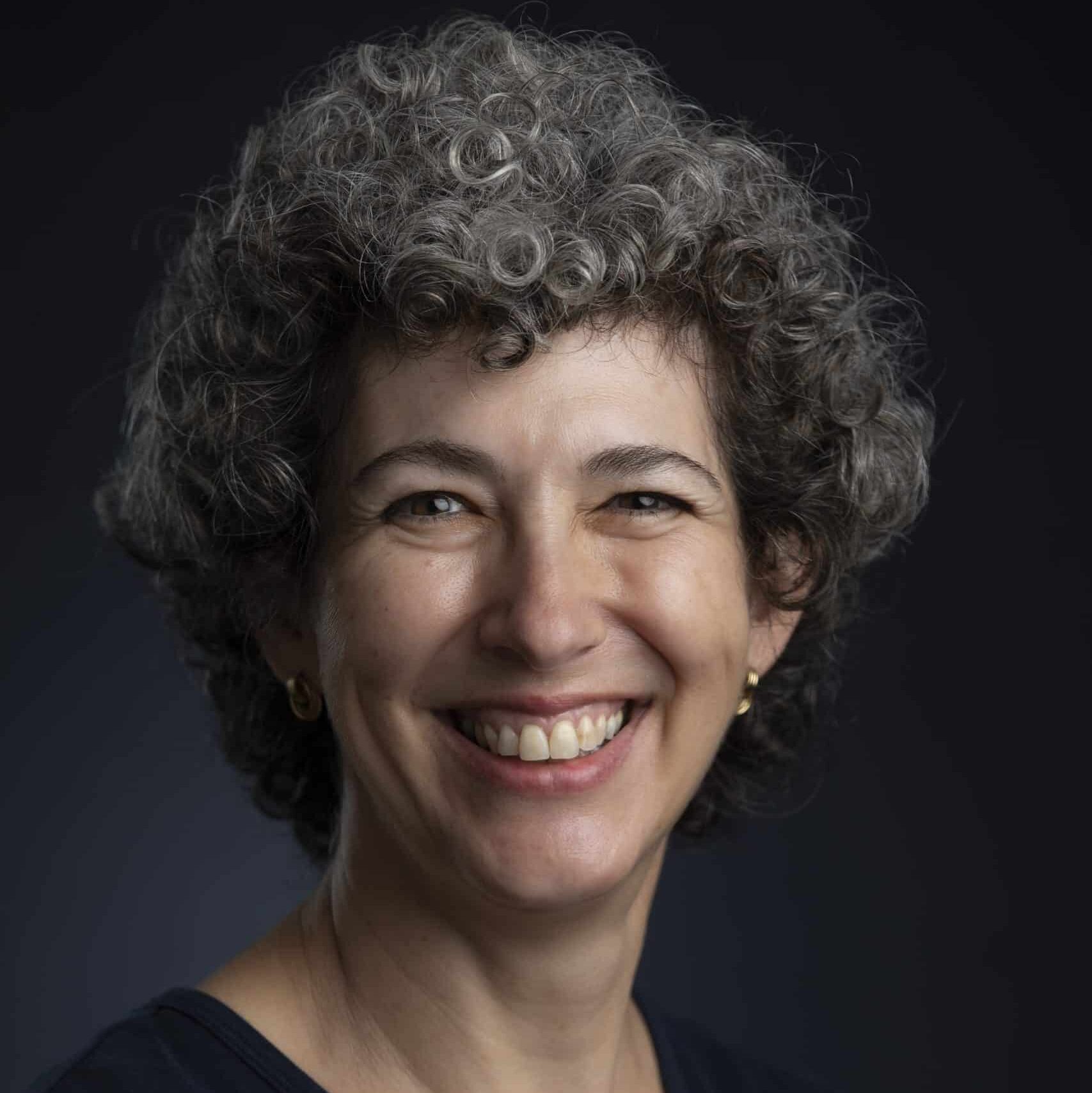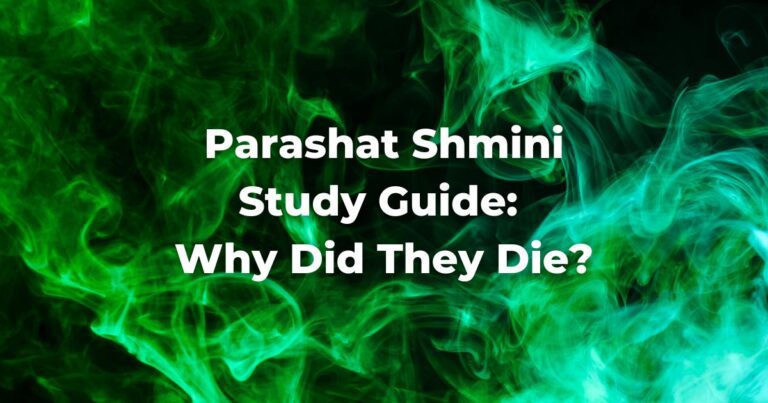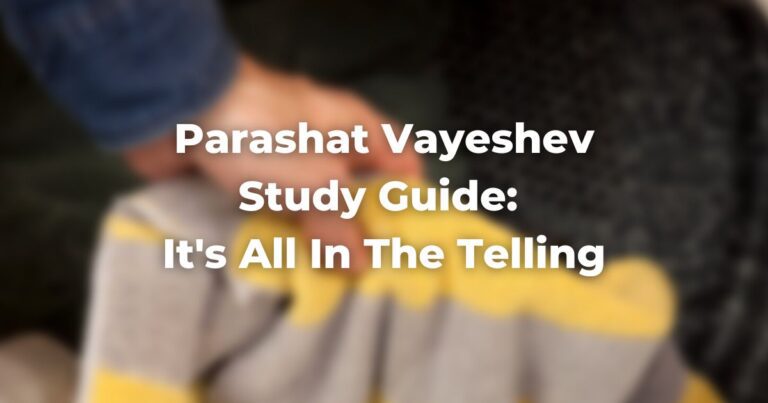Background: This section speaks of the preparations when going to war.
Text: Devarim 20:5-8
5 Then the officers shall speak to the people, saying: ‘Whatever man has built a new house and has not dedicated it, let him go and return to his house, lest he die in the battle and another man dedicate it. 6 And whatever man has planted a vineyard and has not eaten of it, let him go and return to his house, lest he die in the battle and another man eat of it. 7 And whatever man has betrothed a woman and has not married her, let him go and return to his house, lest he die in the battle and another man marry her.’ 8 The officers shall further speak to the people, and say, ‘Whatever man is fearful and fainthearted, let him go and return to his house, that he not melts the heart of his brethren like his heart.’
- When the people are going to war, four categories of people are asked to return home. What are the categories?
- What is the logic behind exempting people who fall into each of these categories?
- How would you divide these four categories? Try to find support in the text for your division.
Commentary: Ramban on Devarim 20:5
He commanded that these three categories [of people] return because one’s heart is on his [new] house, vineyard, and wife and he will flee.
- Ramban speaks of 3 categories. Which one does he not include? Why?
- What is the reason to send away from the battle these categories of people? What about these categories make them incompatible with war? What categories might you apply today?
Commentary: Rashi on Devarim 20:8
Is fearful and faint-hearted—Rabbi Akiba said, take these words as what they literally imply; he cannot stand in the dense ranks of battle nor see a drawn sword. Rabbi Yose, the Galilean, said that it means one who is afraid of the sins he has committed, and therefore Scripture gave him the opportunity of attributing his return home to his house, his vineyard, or his wife, in order to veil the motives of those who really returned because of the sins they had committed; so that people should not know they were sinners, and whoever saw a person returning would say, “Perhaps he has built a house, or planted a vineyard or betrothed a wife” (Sotah 44a).
- How, if at all, do the two talmudic views brought by Rashi relate to each other?
- What is the cause of fear in each opinion?
- The Talmud suggests that the returnees did not go home but rather worked as the suppliers of food and water for the combat forces.
- Rabbinic sources assume that these categories apply in a “voluntary” war, not in a war of self-defense, in which everyone is obligated to help.
See more: Parashat Shoftim
Originally posted as part of the Conservative Yeshiva at the Fuchsberg Jerusalem Center’s Torah Sparks. Support Torah learning from the Fuchsberg Jerusalem Center/Conservative Yeshiva for leaders and seekers around the world here.
Authors
-

Vered Hollander-Goldfarb teaches Tanach and Medieval Commentators at the Conservative Yeshiva and is a regular contributor to Torah Sparks, FJC’s weekly message on the weekly Torah portion. She received her M.A. in Judaic Studies and Tanach from the Bernard Revel Graduate School of Yeshiva University and studied at Bar-Ilan University and the Jewish Theological Seminary. Before making aliyah, Vered taught at Ramaz School and Stern College in New York.
-



The Fuchsberg Jerusalem Center (FJC) is a home in the heart of Jerusalem where leaders and seekers can find an authentic place in Jewish tradition to call their own. FJC offers opportunities to study, pray and explore within an egalitarian and inclusive setting, creating multiple pathways for finding personal and communal meaning.




